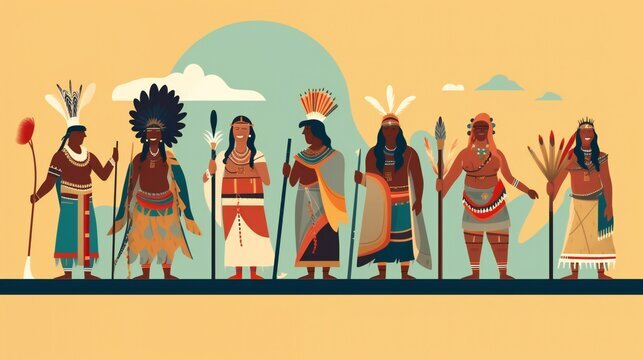Reclaiming Our Plates
Rewriting History To Eradicate Food Insecurity

The issue of food insecurity is widely known, but many groups are often left out of the discussion. One in particular being indigeneous People. According to Muller's article, food insecurity is a serious problem facing indigeneous communities in the United States. Nearly half of Native Americans and Alaskan Natives are thought to be food insecure per a 2022 study.
The indigeneous communities are faced with such high rates of food insecurity primarily because of significant loss of land, forced displacement from traditional territories and the history of colonization. Additionally, climate change and environmental contamination of food systems have impacted their access to, and quality of land, water, plants, and animal resources. (Domingo 2021).
To better include Indigenous communities into the conversation of food insecurity, those not coming from these communities need to do several things. First, we must respect and recognize the traditional ecological knowledge of the Indigenous communities. This will help us to provide sustainable and culturally appropriate solutions for food insecurity. Second, we need to engage with Indigenous leaders to actively involve them in discussions on food insecurity. Their insights and experiences are valuable to us in shaping what we can better do to help them. Lastly, we should look at collaborating with the Indigenous communities and organizations to develop culturally relevant food security programs and intiatives. This ensures that the members of their communities have a say in the design and implementation of these programs.